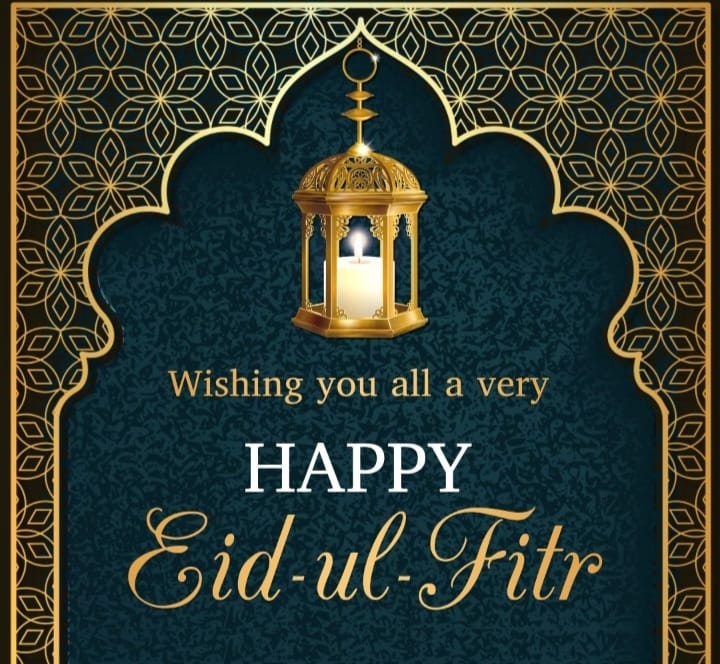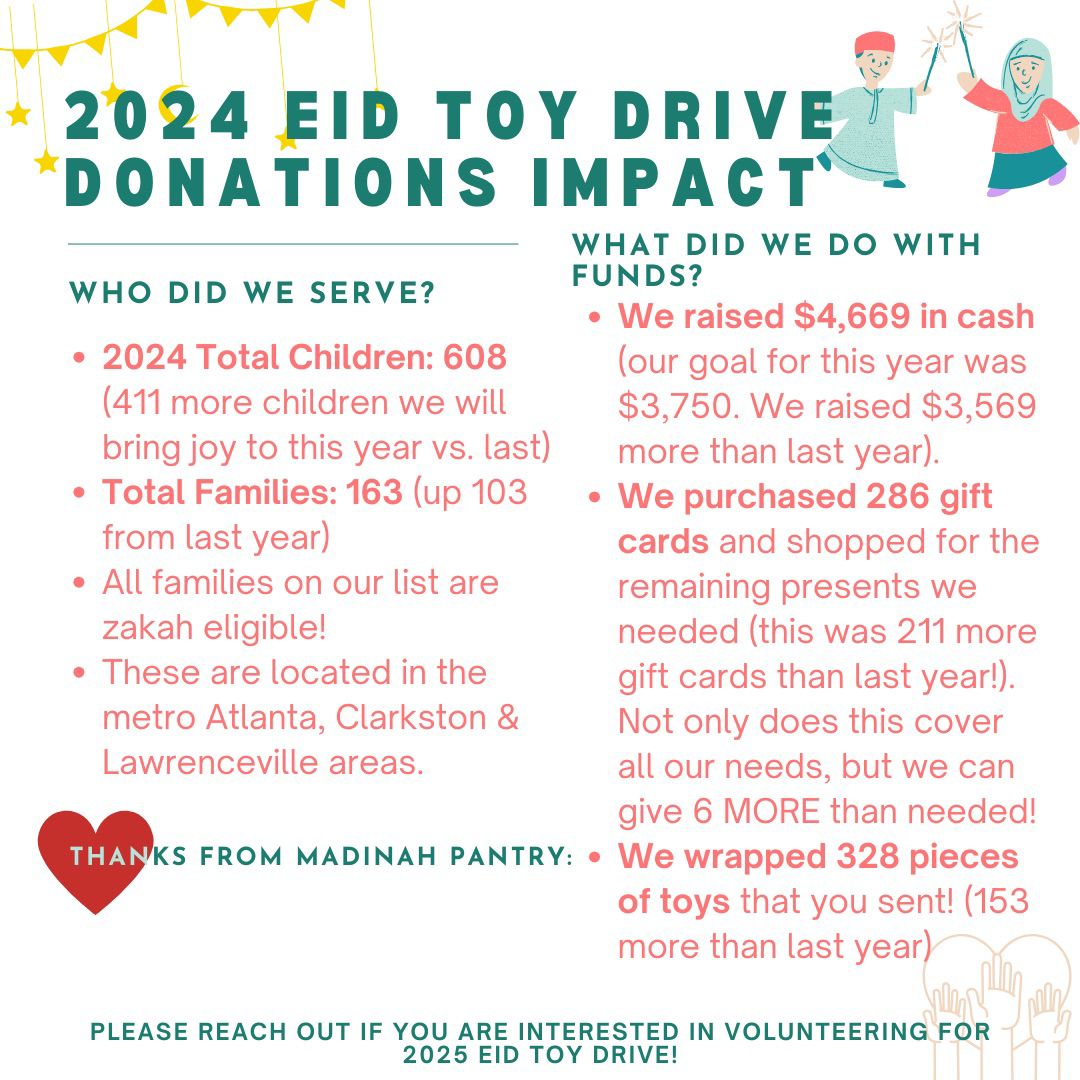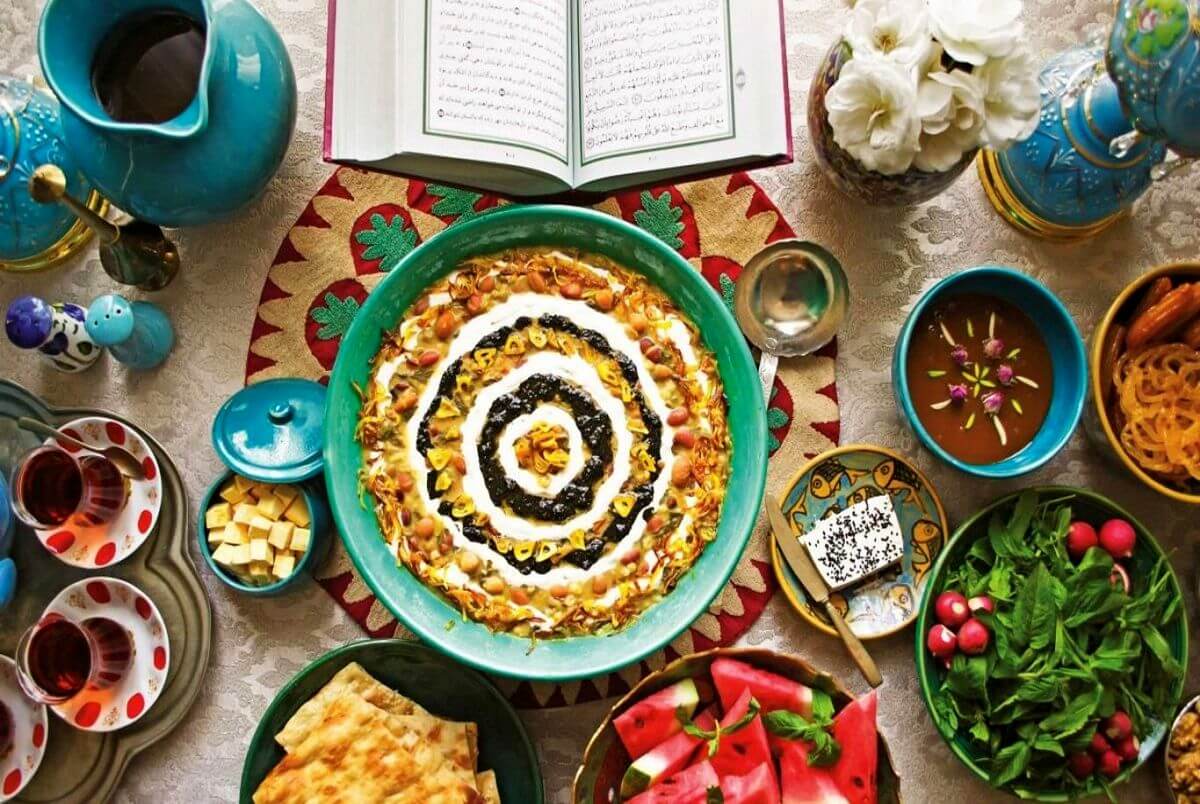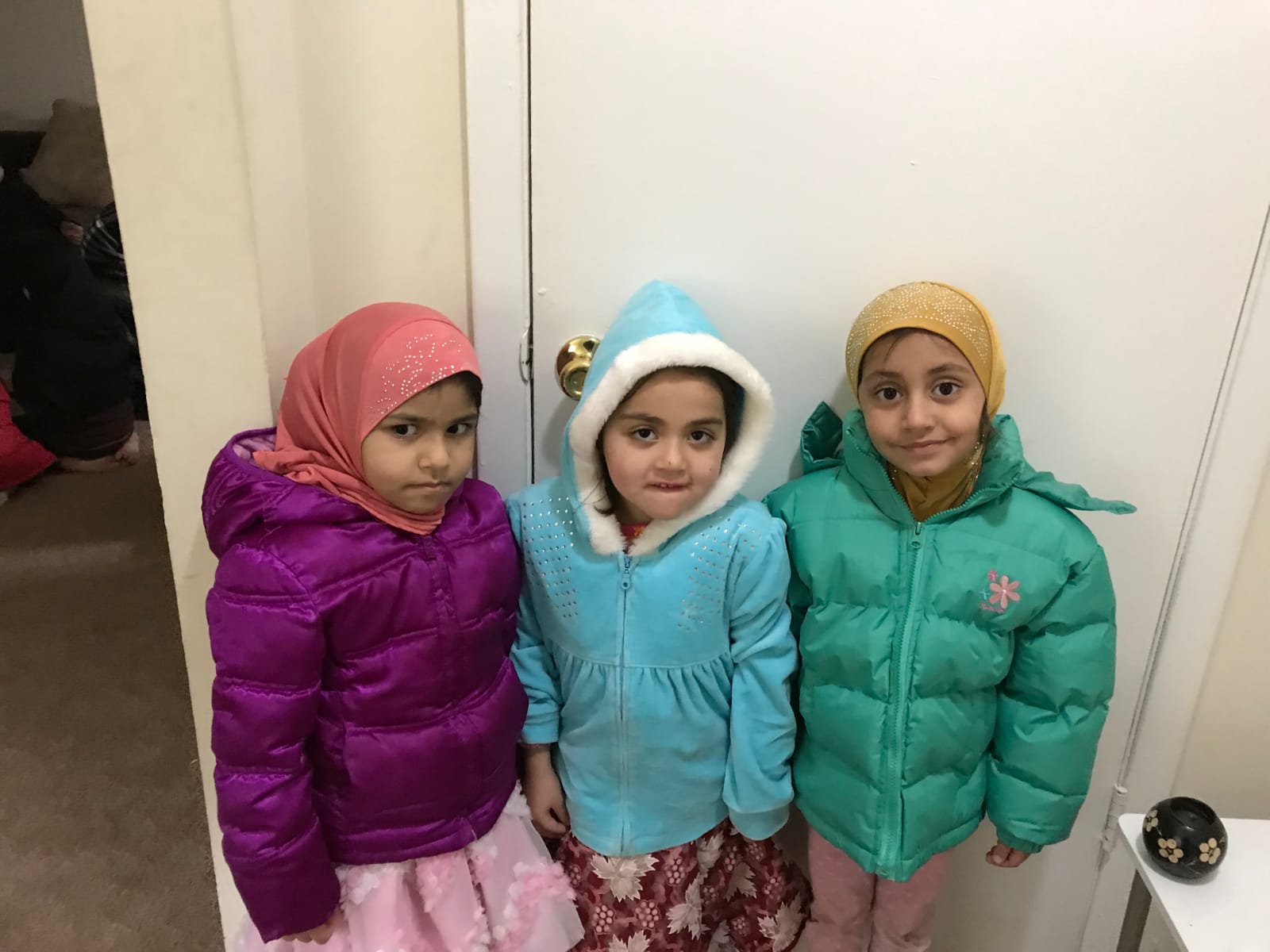What is Nisaab?
The amount of wealth which makes one liable for Zakat is called Nisaab. The Nisaab is 87.48 Grams of Gold or 612.36 Grams of Silver. Nisaab of cash, stock or bonds, other cash assets is the equivalent amount of Gold or Silver. Nisaab is calculated by adding up the cash value of all the assets such as gold, silver, currency etc. and if it is equal to or in excess of the minimum Nisaab. Zakat is due at the rate of 2.5%. The payment of Zakat is compulsory on the excess wealth or effects which are equal to or exceeds the value of Nisaab, and which is possessed for a full Islamic year. If such wealth decreases during the course of the year and increases again to the value of Nisaab before the end of the year, the Zakat then must be calculated on the full amount that is possessed at the end of the year.
The e-nisab.com website is a ready resource for calculating the minimum zakatable amount according to today’s current values.
As a general rule Zakat can be given to any legally poor or needy Muslim individual. A “legally poor” Muslim is defined as anyone who does not possess the zakatable-minimum himself. An “individual” refers to an actual person who is given ownership of the wealth being given in Zakat, as opposed to an institute. This can be anyone except one’s wife, parents, children or Ahl ul Bayt (descendants of the family of Sayyidinaa Muhammad al Mustafa Sall Allahu ‘alaihi wa Aalihi wa sallim). One can give it to an institute if one is sure that they will disseminate the amount one is paying in Zakat to a poor or needy Muslim individual. When donating to Madinah Food Pantry and Family Services, please specify whether the donations are for zakat or for general dispersion.
More specifically, those eligible to receive zakat fall into one of eight categories clearly defined by Allahu ta ‘ala. They are;
- FUQARA: Those who are poor and who possess more than their basic needs but do not possess wealth equal to Nisaab. In this category are those known as the “working poor’ who in spite of having jobs still struggle as some point to provide basic necessities for their families. A common misconception is that if a man is working, he is automatically not eligible to receive zakat funds. Though he may be working, if he does not possess savings in excess of Nisaab [after debts and other obligations such as food, clothing and housing, utility bills etc.] then he or she is eligible to receive zakat funds. The Fuqara are those families who may need supplemental help along the way, even though they may not request it out of a sense of Islamic pride.
- MASAKEEN: Those who are destitute and in extreme need to the extent they are forced to beg for their daily food rations. It is the obligation of those who know families who are miskeen, to provide for them from the Zakaat fund even before they are forced to ask. This is in accord with the hadith where Sayyidinaa Rasuli Akram Sall Allahu ‘alaihi wa Aalihi wa Sahbihi wa sallim is reported to have said; “The one who goes to sleep with a full stomach while his neighbor is hungry is not a true believer.” Hence the near neighbor has a greater right over us than those who are hundreds or thousands of miles away, though both have rights over us.
- AL-AMILEEN: Those appointed by an Islamic Government to collect Zakat. There are two opinions on this matter. Some are of the opinion that the Amileen who collect and calculate zakat can only receive a salary in a truly Islamic state or Khalifate and not in the modern day kingdoms and pseudo socialist states or capitalist states that exist in the Muslim world. This is the majority opinion. They opine that the state should pay the amileen from a general state fund such as all state employees are paid from. In most western countries, Zakat is collected and distributed by Islamic organization such as masjids and social services oriented organizations. Zakat cannot be paid to those charged with collecting and distributing these funds. Daily expenses accrued during the collection and distribution of zakat such as clerical supplies, fuel for vehicles used to collect and distribute these funds must come from donations in a general fund. The other opinion is that whoever collects the zakat can receive a salary regardless of the existence of a true Islamic state or not. This is a minority opinion. The Madinah Food Pantry and Family Services follows the majority opinion and does not use zakat monies to cover the cost of collecting and distributing zakat.
- MU-ALLAFATUL-QULUB: Those who have recently accepted Islam and in need of basic necessities who would benefit from encouragement by Muslims which would help strengthen their faith. The revert or new shahaadah Muslims may receive zakat to help them on their way. New Islamic apparel may be purchased as gifts, food may be purchased or cash gifts may be given to endear their hearts to Islam and the Muslim ummah.
- AR-RIQAAB: Are slaves who are permitted to work for pay and have an agreement from their owners to purchase their freedom on payment of a fixed amount. For all intents and purposes this category is non-existent today.
- AL-GHAARIMEEN: Those who in debt but do not possess enough wealth or goods to sell or trade with which to repay that which they owe. It is conditional that this debt was not created for any un-Islamic purpose such as gambling, bar tabs, cable television etc. Zakat monies may be used to pay utility bills, such as electric, gas, rent, etc. Because of dishonest people preying on the good nature of the Muslim Social Scientists, It has become necessary in the West to ascertain the nature of the debt by doing a professional intake and for the Islamic organization to pay the utility company or rental agent directly.
- FI-SABILILLAH: Those who have to carry out a deed which has become obligatory on them and subsequently (due to loss of wealth) are unable to complete that obligation. In this category falls those who, while performing Hajj or Umra fall short of funds to complete it and make it back home. Students who have left their homes in search of knowledge may also receive zakat to fund their education and personal needs as well as travel expenses.
- IBN-US-SABEEL: Those travelers who during the course of their journey find themselves in need of assistance to return home. Though they are well to do at home, yet not able to access their funds, they may receive Zakat in order to return home safely. These funds may be used for food, lodging and transportation expenses.
Zakat should be given as soon as possible after it becomes due. All of the Zakat can be given to one person or to several persons .A poor man cannot be paid for his work from Zakat nor can Zakat be given in payment of services, except to the people appointed by the Islamic government to collect Zakat .Zakat will only be valid if the recipient is made the owner of that amount. If, for example, a few needy persons are fed a meal from Zakat money, then Zakat will not be fulfilled as they were not made owners of the food. Zakat cannot be given for the construction of Masjid, Madrasah, Hospital, a well, a bridge or any other public amenity .Zakat can be paid in kind from the same merchandise on which it is due, or alternatively, it could be paid in cash.







